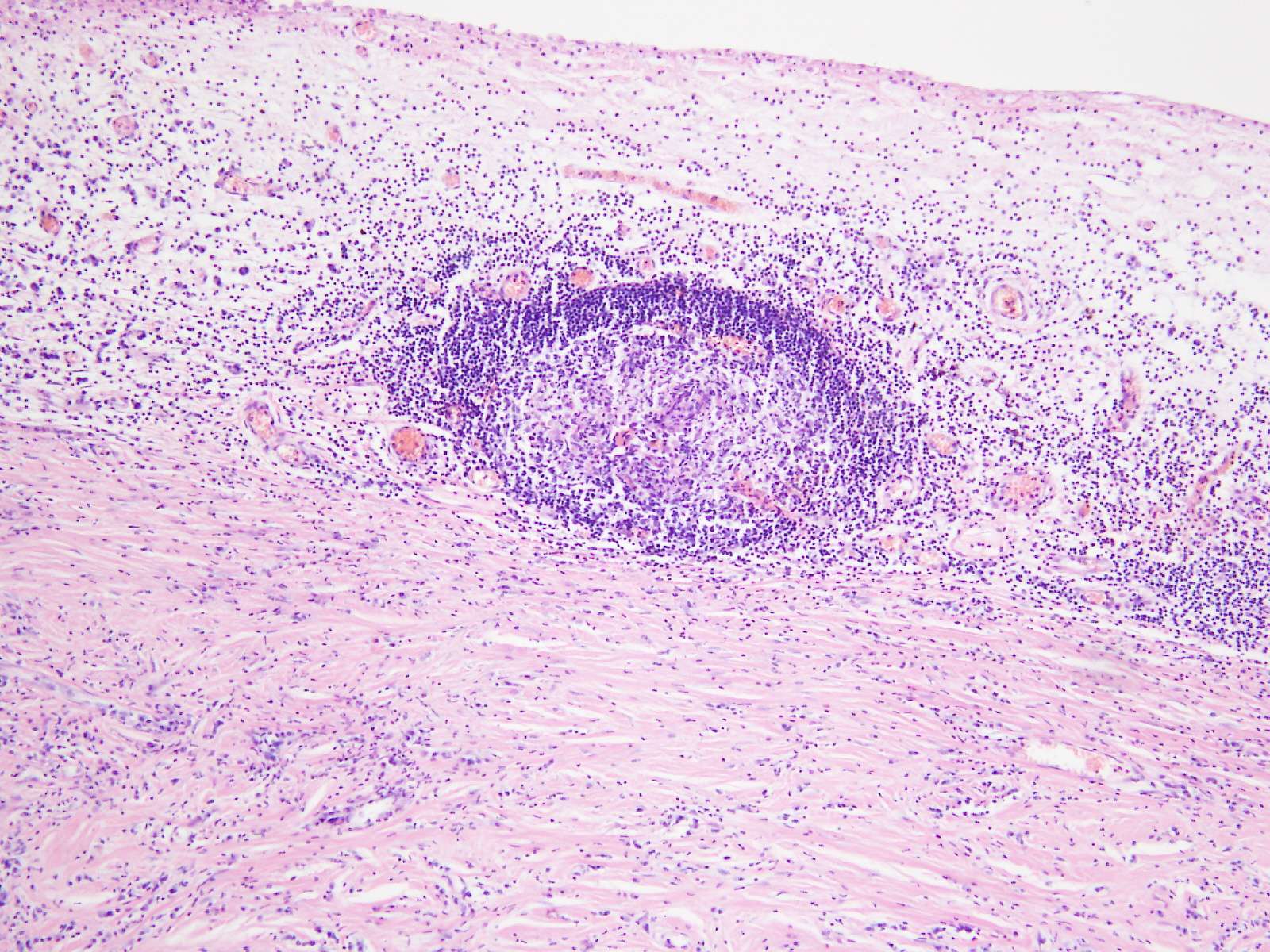Ever wondered about calcified fibroids? They’re essentially fibroids that have hardened over time due to calcium deposits, often occurring after menopause. This article provides a comprehensive guide to understanding calcified fibroids, from their formation and potential symptoms to diagnosis and treatment options. We’ll also explore natural management strategies and address the common question of whether calcified fibroids cause weight gain.
What are Calcified Fibroids?
Calcified fibroids are hardened uterine fibroids—benign growths of muscle and connective tissue within the uterus—that develop calcium deposits. This typically occurs post-menopause due to decreased estrogen and blood flow. Think of them as the “senior citizens” of the fibroid world. Do calcified fibroids cause weight gain?
Formation and Prevalence
While the exact cause of fibroids, including the calcified variety, remains a mystery, hormonal fluctuations (estrogen and progesterone) likely play a significant role. Reduced uterine blood flow during menopause can contribute to their calcification. While fibroids are relatively common, calcified fibroids are less so, with some research suggesting they comprise about 8% of degenerating fibroids.
Symptoms (or Lack Thereof)
Many women with calcified fibroids are asymptomatic. However, some experience symptoms similar to regular fibroids:
- Pelvic pain or discomfort
- Heavy menstrual bleeding
- Pelvic pressure or bloating
In some cases, they may contribute to fertility challenges or pregnancy complications, although this isn’t always the case.
Diagnosing Calcified Fibroids
Diagnosis typically begins with a pelvic exam. If anything unusual is detected, imaging tests (ultrasound, MRI, or CT scan) are recommended to determine the size, number, and location of the fibroids. The calcium deposits appear as bright white spots on these scans.
Treatment Options
Treatment isn’t always necessary for calcified fibroids. If asymptomatic, watchful waiting is often recommended. However, if symptoms are present, options include:
- Medication: Pain relievers or hormonal therapies to manage symptoms.
- Uterine Fibroid Embolization (UFE): A minimally invasive procedure that shrinks fibroids by blocking their blood supply.
- Myomectomy: Surgical removal of fibroids while preserving the uterus.
- Hysterectomy: Surgical removal of the entire uterus (rarely necessary for calcified fibroids).
The best course of action depends on individual factors like symptom severity, age, and future pregnancy plans. How to get rid of calcified fibroids naturally?
What Does it Mean if a Fibroid is Calcified?
A calcified fibroid represents a later stage in a fibroid’s life cycle, often indicating degeneration. It’s essentially a fibroid that has hardened due to decreased blood flow and calcium deposits. This doesn’t mean the fibroid has disappeared, but rather its composition has changed. What does it mean if a fibroid is calcified?
Diagnosis and Implications
Calcified fibroids are diagnosed through imaging techniques like ultrasound and MRI, which reveal the characteristic calcium deposits. While generally benign, they can still cause pain or complications. Calcification can also impact treatment options, potentially making some procedures less effective.
How to Get Rid of Calcified Fibroids Naturally?
While completely eliminating existing calcified fibroids naturally is unlikely, natural approaches may help manage symptoms, potentially slow the growth of new fibroids, and improve overall well-being. How to get rid of calcified fibroids naturally?
Natural Management Strategies
- Hormonal Balance: Since estrogen is linked to fibroid growth, maintaining hormonal balance through diet, exercise, stress management, and sufficient sleep can be beneficial.
- Symptom Relief: Some women find relief through herbal remedies (consult a healthcare professional before use), acupuncture, anti-inflammatory diets, and mind-body practices.
- Lifestyle Optimization: A healthy lifestyle—including regular physical activity, a balanced diet, and stress management—contributes to overall health and may support fibroid health.
It’s crucial to remember that natural remedies shouldn’t replace conventional medical treatment when necessary. An integrative approach often provides the most well-rounded care. Always consult your doctor before starting any new treatment, especially herbal remedies.
Do Calcified Fibroids Cause Weight Gain?
The relationship between calcified fibroids and weight gain is complex. While active, growing fibroids can contribute to weight gain due to their mass and pressure on surrounding organs (leading to bloating), calcified fibroids are usually shrinking and thus less likely to directly cause weight gain. Do calcified fibroids cause weight gain?
Understanding the Nuances
Hormonal changes associated with fibroids can influence weight, and bloating can often feel like weight gain. It’s important to differentiate between these factors. Addressing the root cause of any fibroid-related weight gain, whether hormonal imbalance or size-related, is crucial for effective management. Remember, regular fibroids and calcified fibroids have different characteristics, especially concerning growth and potential weight gain.
Treatment and Ongoing Research
Treatment for calcified fibroids, if needed, depends on individual circumstances and symptom severity. Options range from medication to minimally invasive procedures like UFE to surgery in some cases.
Ongoing research continues to shed light on fibroids. While the information presented here reflects current knowledge, it’s important to stay informed and discuss any concerns with your healthcare provider.
Ever wondered where the busiest McDonald’s in Ohio is located? Discover the bustling epicenter of Big Macs and fries in the Buckeye State – you might be surprised!
- Unlock Water’s Symbolism: A Cross-Cultural Exploration - April 20, 2025
- Identify Black and White Snakes: Venomous or Harmless? - April 20, 2025
- Unlocking Potential: Origins High School’s NYC Story - April 20, 2025














